Yasuo Fukuda, Former Prime Minister of Japan
Feb 22, 2022
The unfortunate Japanese experience in boosting domestic demand and setting trade policy can be drawn upon today. Hopefully, China will not repeat the mistakes of Japan. Frictions between China and the United States can be addressed if they are willing to meet each other halfway.
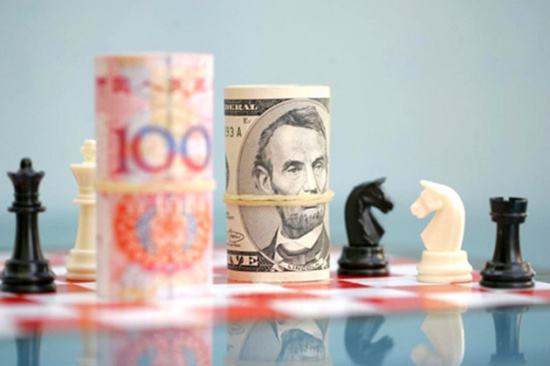
Zhou Xiaoming, Former Deputy Permanent Representative of China’s Mission to the UN Office in Geneva
Aug 23, 2019
With the US’s new classification of China as a “currency manipulator,” the question arises: is such a designation accurate? Could it lead to success for the Trump Administration, or will it only serve as an irritator that will open up a new fight with China?
Zhang Monan, Deputy Director of Institute of American and European Studies, CCIEE
Aug 19, 2019
The labeling of China as a currency manipulator by the United States is not only an incorrect assessment of the current economic situation, but also poses a significant threat to the future of the world economy.
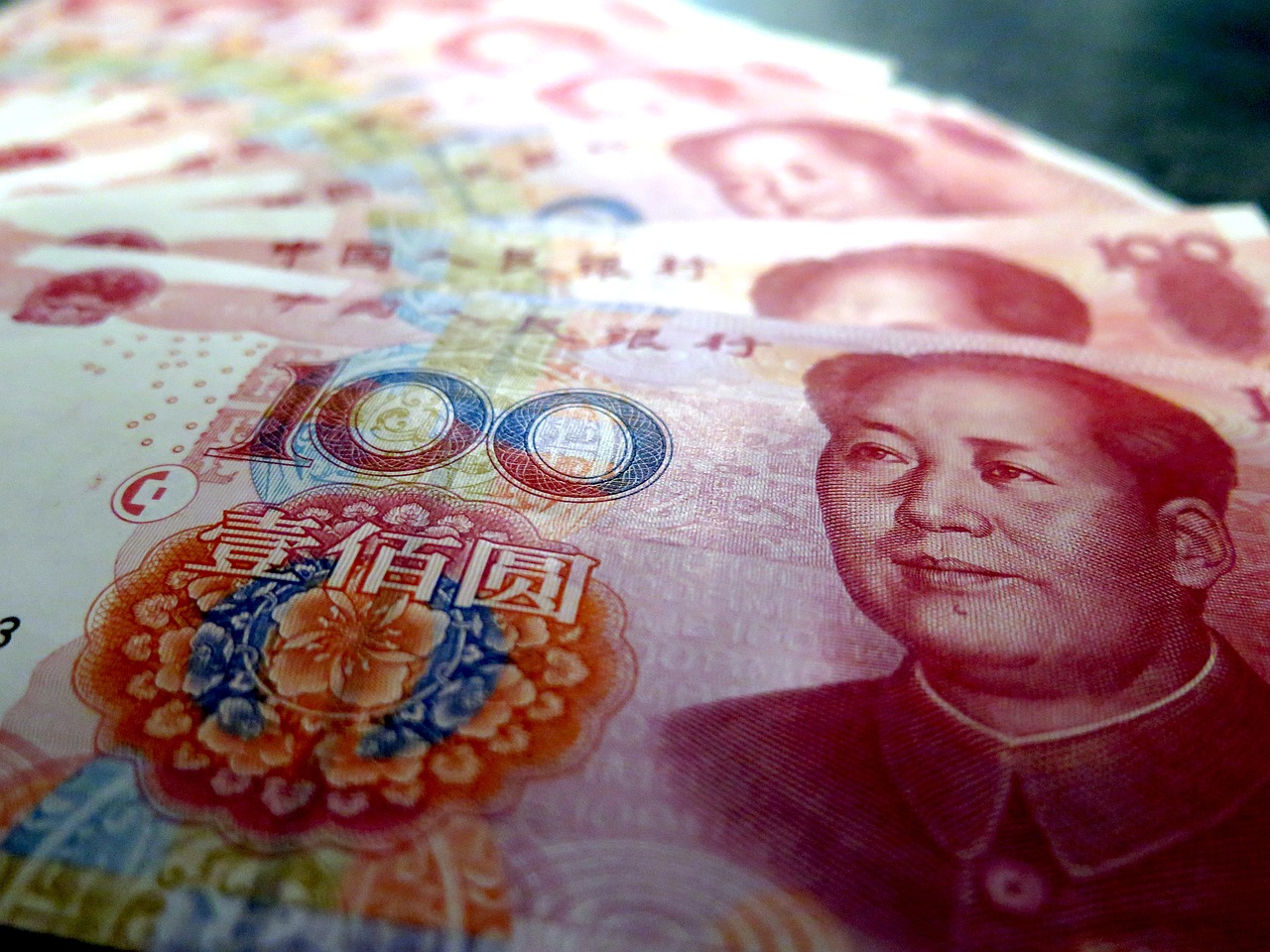
Paola Subacchi, Senior Fellow at Chatham House
Jul 23, 2018
China’s monetary policy has come to the fore now that U.S. President Donald Trump has imposed import tariffs on a range of Chinese goods. Many are wondering if China will respond to Trump’s trade war by threatening a currency war. China has enough financial and monetary leverage to bring the U.S. economy to its knees, but having the weapons it needs does not mean that China can afford to use them.
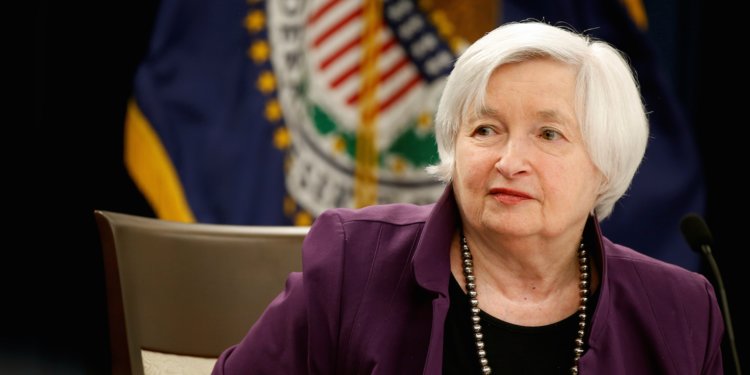
Hua Xin, PhD, CASS Graduate School
Feb 15, 2018
The world has to prepare itself for a new monetary cycle following rising US interest rates.
Yu Xiang, Senior Fellow, China Construction Bank Research Institute
Mar 06, 2017
Labeling China as a currency manipulator is demonstrably baseless, but amid loose talk and wild speculation on this and other issues, a formal summit between U.S. President Trump and China’s President Xi Jinping is both important and urgent.
He Weiwen, Senior Fellow, Center for China and Globalization, CCG
Mar 06, 2017
Since the 2008 global financial crisis, no linkages have been found between the changes in US trade deficits and exchange rates. Chinese exports have grown when global market conditions improve, even in years when the RMB was strong against the dollar.
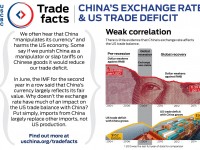
Jul 27, 2016
We often hear that China “manipulates its currency” and harms the U.S. economy. Some say if we punish China as a manipulator or slap tariffs on Chinese goods it would reduce our trade deficit. But what does currency manipulation mean? More importantly, would tariffs on Chinese goods help our economy?
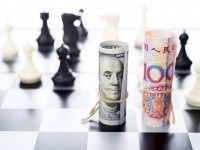
Dean Baker, Co-director, Center for Economic and Policy Research
Jul 04, 2016
An outflow of capital from China, and the trade deficit it has created for rich countries and especially the United States, has led to an enormous gap in demand. The key route to reducing the trade deficit is a lower value of the dollar, which would require China to decrease its foreign reserves. As negotiations work, this would mean the United States would have to make concessions in other areas of the bilateral relationship.

Lawrence Lau, Ralph and Claire Landau Professor of Economics, CUHK
Mar 18, 2016
The Renminbi surprised the world markets by its unexpected devaluations first in August 2015 and then in January 2016. The author argues that the Renminbi is unlikely to devalue abruptly and significantly going forward, even though there may be small fluctuations in the Renminbi exchange rate.